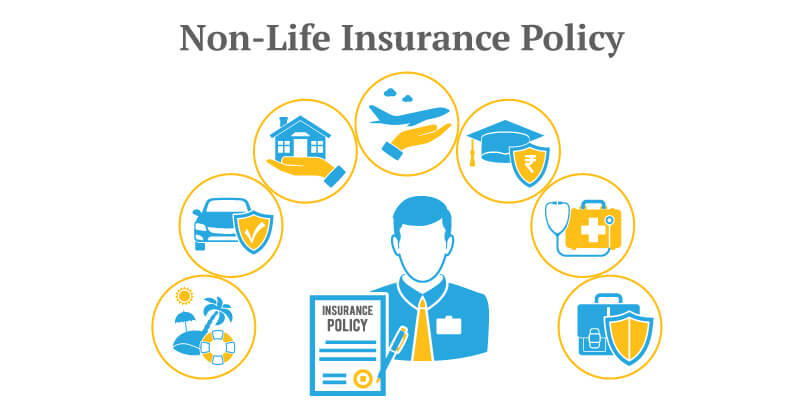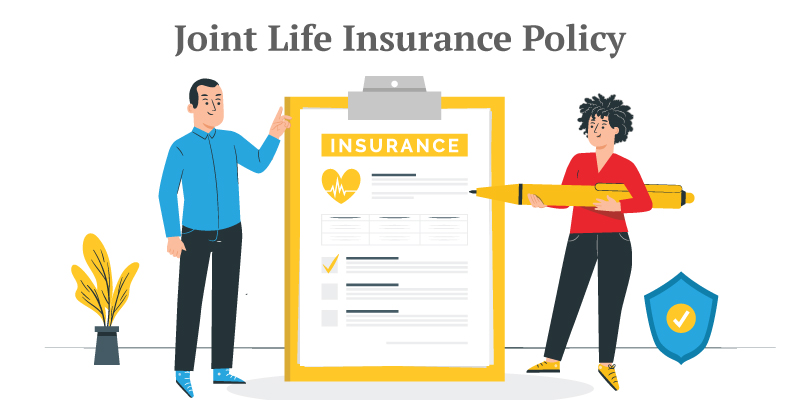If participating in occupational accident insurance, in cases where workers are injured or fall ill while working or on their way to work, they won’t have to bear the medical expenses themselves; instead, they will be compensated by the insurance. Let’s take a closer look at occupational accident insurance in this article!
1. What is occupational accident insurance?
This is a system providing insurance benefits in case of disability, illness, permanent disability, or death resulting from an event that occurs while working or commuting. Occupational accident insurance is a form of social insurance designed to protect the livelihoods of workers and their families.
The term “worker” here not only refers to full-time employees hired by companies but also includes part-time workers. Health insurance covers general illness, while occupational accident insurance applies specifically to accidents or injuries that occur during work. The main difference is that if a worker falls under the compensation criteria, they won’t have to cover medical expenses, and the compensation during leave is generally higher compared to the disability and sickness benefits of health insurance.
Additionally, compensation for workers is mandatory for all companies, even those with only one employee. Unlike other types of social insurance, the employer bears the entire insurance amount.

2. Cases eligible for occupational accident insurance
There are two main types: workplace accidents and accidents during the commute.
2.1. Workplace accidents
Workplace accidents are defined as disability, illness, permanent disability, or death occurring while working. Therefore, even during working hours, if a worker is injured due to personal actions unrelated to the job or intentionally causes harm, they won’t be eligible for occupational accident insurance.
Examples of cases considered workplace accidents include:
- While working in a factory, a finger gets caught in a conveyor belt, resulting in an injury.
- While walking through the office to attend a meeting, a spinal injury occurs due to chemical goods stacked in the corridor falling onto the person.
- Involved in a traffic accident on the way to a business meeting using the company’s vehicle.
- Suffering from depression due to the words and actions of a supervisor deviating from job instructions, including statements and actions that deny the worker’s personality and humanity.
2.2. Accidents during the commute
Refers to disability, illness, death, etc., that the worker must endure while commuting according to regulations, such as from home to the workplace or vice versa. However, if the worker takes a detour and deviates from the proper route or engages in activities unrelated to travel on the route, the insurance won’t cover the commute. An exception is made for buying daily necessities and similar actions.
Examples of accidents during the commute include:
- Fatally struck by a train on the way home from work.
- Returning home early due to a sudden fever and getting injured in an accident after visiting a clinic/hospital.
- In the second example, seeking medical attention at the hospital falls under the category of buying daily necessities and similar actions, so the worker will be compensated.
3. Benefits for occupational accident insurance
3.1. Medical benefits/compensation
In-kind compensation for medical treatment until disability or illness is cured (if the medical facility is designated by occupational accident insurance or the occupational accident hospital) or reimbursement of medical examination and treatment costs.
3.2. Disability benefits/compensation
Disability compensation: paid when there is still a corresponding disability from levels 1 to 7 after treatment (symptoms have been corrected). One-time disability compensation: a lump sum paid when there is still a corresponding disability from levels 8 to 14 after being cured (symptoms have been corrected).
3.3. Leave compensation
If the worker cannot work due to disability or illness and cannot receive a salary, they will receive compensation starting from the fourth day of leave.
3.4. Compensation for dependents
In the event of the worker’s death, a special compensation will be sent to dependents based on the number of family members. However, family members eligible to receive compensation include the spouse of the deceased worker, children under 18 as of March 31, and parents aged 60 and older. The compensation amount also depends on the worker’s income at the time of death. If there are no living family members under any of the mentioned cases, compensation for the surviving family will be paid to other living individuals.
3.5. Funeral expenses
This benefit is paid to the person organizing the funeral for the deceased.
3.6. Disability and sickness compensation
If disability or illness persists after 1 year and 6 months from the start of treatment, or if the condition falls into the disability category, the benefits will be paid depending on the degree of disability.
3.7. Nursing care benefits
Benefits are provided when the worker is currently being cared for by a caregiver for level 1 disabilities or for individuals with level 2 mental/nervous system disorders. However, if the worker is in the hospital, receiving daily care at a disability support facility, or in a special nursing home, the payment depends on whether the facility provides all necessary nursing care services.
3.8. Other benefits
Secondary health check benefits are provided when abnormal values are found in all recent routine health checkups, such as blood pressure, blood lipids, blood sugar, obesity, without symptoms of increased brain or heart disease.
Cre; Five T/wrightusa.com



